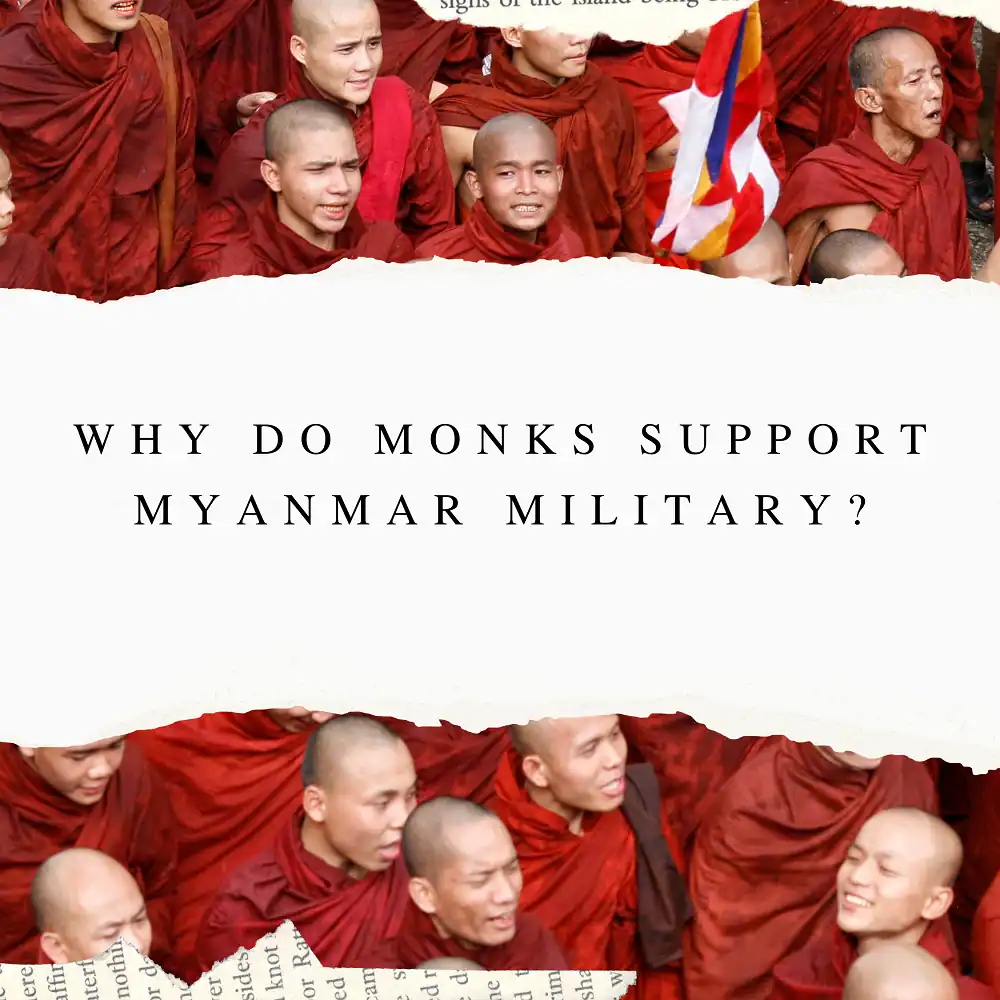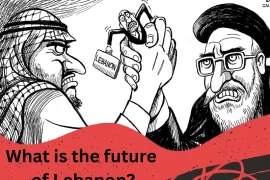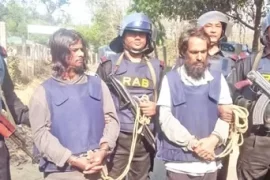Myanmar has been in turmoil since the military coup in February 2021, with the situation becoming increasingly violent in recent months. Despite international condemnation and sanctions, the military regime has maintained its grip on power, and it has received support from unexpected quarters, including ultra-nationalist Buddhist monks. This article explores the reasons why some monks support the Myanmar military.
Threat to Buddhism
One of the key reasons why some monks support the military regime in Myanmar is their belief that the Buddhist religion is facing an existential threat from external forces. They perceive Islam, secularisation, modernisation, and democracy as threats to the original form of Buddhism, and they see it as their responsibility to preserve the religion’s purity. As a result, some monks view the military as a protector of Buddhism and the community and believe that the Tatmadaw is closer to the traditional rule of the Buddhist kings than other players in Myanmar’s politics.
Challenge to Traditional Authority
During the reform period from 2011 to 2020, the rise of civil society challenged traditional authority in Myanmar. This development threatened the elevated role of the monks as trusted leaders in society, and some monks became concerned about their waning influence. As a result, some ultra-nationalist monks saw themselves as obligated to step in and guide society, as they doubted that a civilian administration could protect the Buddhist religion and community.
Closer to Traditional Rule
Ultra-nationalist monks see the military regime as closer to the traditional rule of the Buddhist kings than other players in Myanmar’s politics. They believe that the military is the protector of the nation, race, and religion, and they view their support for the Tatmadaw as a way of ensuring that it maintains its role. Some monks even consider the military’s takeover as an opportunity to reclaim their influence in society and restore traditional values.
Role in Organizing Pro-Junta Militias
Some ultra-nationalist monks have been instrumental in organizing and legitimizing pro-junta militias in Myanmar. One such monk is U Warthawa, who has played a key role in organizing the Pyu Saw Htee group, an ultra-nationalist organization comprised of local supporters of the military’s USDP party and trained by military veterans. The Pyu Saw Htee group has been increasingly doing the Tatmadaw’s dirty work in fighting the resistance from the People’s Defense Force, particularly in the restive Sagaing Region. The militias are armed with rifles to support military columns and trained directly by the Tatmadaw, organized under the patronage of monks like U Warthawa.
Symbolism behind Pyu Saw Htee
The Pyu Saw Htee group takes its name from a legendary king from the early Bagan dynasty. The first Pyu Saw Htee militia that supported the government was formed in 1955 as a people’s militia to fight insurgent groups, but it was dissolved two years later. The symbolism behind the name refers to the elimination of threats to the capital and is not historically associated with Buddhism or monks. However, a year after the coup, the concept re-emerged to describe the network of ultra-nationalists countering the anti-coup resistance. The logo of today’s Pyu Saw Htee group depicts the Sasana flag — the flag of the Buddhist religion — with the image of King Pyu Saw Htee standing on the dead bodies of the enemies of Bagan.
Conclusion
The political implications of ultra-nationalist Buddhist monks and ideologies in Myanmar received much attention in the years before the 2021 military takeover. As Myanmar has turned more violent since the coup, ultra-nationalist monks have been radicalized further. The influence of ultra-nationalist monks will likely continue to impact the political landscape in post-coup Myanmar, as they not only represent religious authority but also serve as








